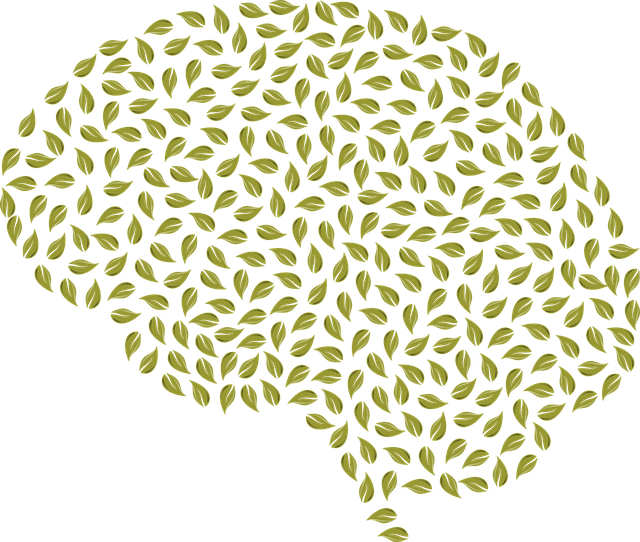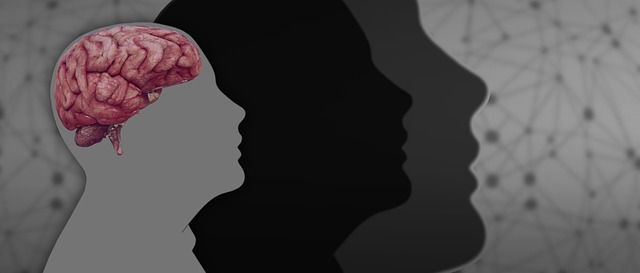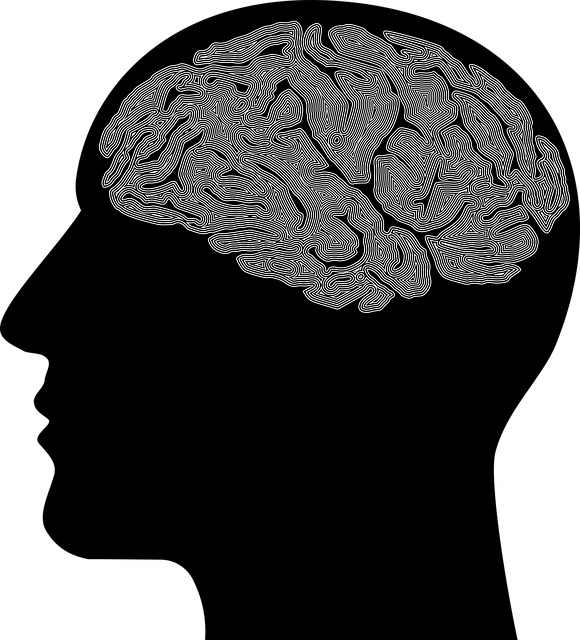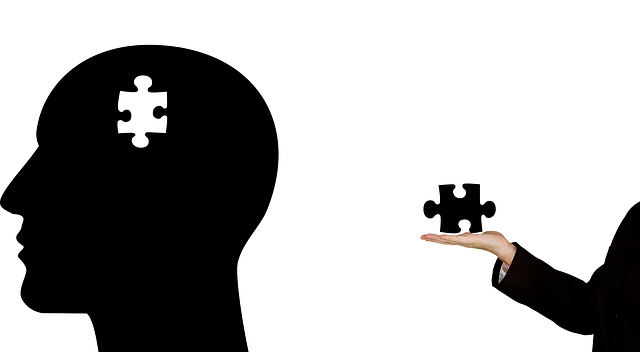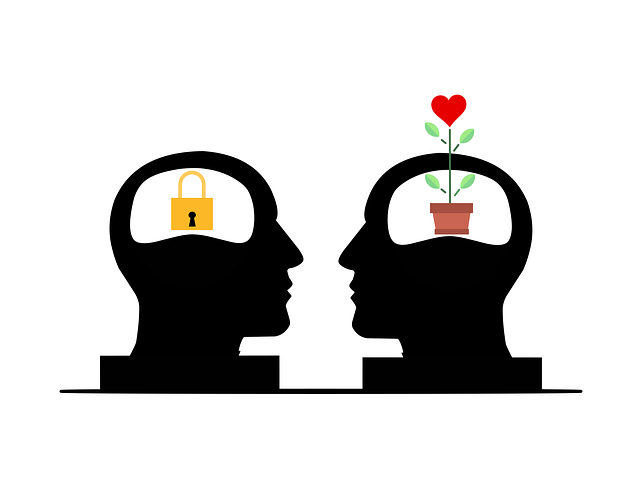Mental wellness self-assessment tools incorporating Superior Mandarin Chinese Speaking Therapy bridge cultural gaps and improve accessibility to mental health resources for Chinese-speaking communities in Singapore. By leveraging language as therapy and integrating compassionate cultivation practices, these tools foster empathy, understanding, and effective mental wellness management. This approach addresses unique challenges faced by ethnic minorities with limited access to mental health services, reduces stigma, promotes early detection, and encourages healthier lifestyles among diverse populations, including those with limited English proficiency.
Mental wellness self-assessment tools play a crucial role in individual well-being, offering valuable insights into one’s emotional state. This article explores the development of such tools with a unique focus on integrating Superior Mandarin Chinese Speaking Therapy. By examining current practices and leveraging cutting-edge therapeutic techniques, we aim to enhance accessibility and cultural sensitivity. The sections delve into understanding these assessments, implementing effective therapy integration, and ensuring broader reach for improved mental health support.
- Understanding Mental Wellness Self-Assessment Tools
- Integrating Superior Mandarin Chinese Speaking Therapy
- Development and Implementation for Enhanced Accessibility
Understanding Mental Wellness Self-Assessment Tools

Mental wellness self-assessment tools play a pivotal role in empowering individuals to take charge of their mental health and well-being. These tools, designed with precision, offer a structured framework for people to gain valuable insights into their emotional states, thought patterns, and overall psychological resilience. By encouraging self-reflection, these assessments facilitate early detection of potential mental health issues, allowing for timely intervention and support.
In the context of a diverse population like Singapore, where Superior Mandarin Chinese Speaking Therapy gains prominence, tailored self-assessment tools can bridge cultural gaps and enhance accessibility. Incorporating elements from Compassion Cultivation Practices, these tools promote emotional regulation and foster Mental Health Awareness among communities speaking various languages. This approach ensures that everyone has equal opportunities to understand and manage their mental wellness effectively.
Integrating Superior Mandarin Chinese Speaking Therapy

Integrating Superior Mandarin Chinese Speaking Therapy into self-assessment tools for mental wellness is a significant step forward in catering to a diverse range of users, particularly those from Chinese-speaking backgrounds. This approach leverages the power of language as a therapeutic tool, recognizing that communication and cultural context play vital roles in fostering mental health awareness. By incorporating superior Mandarin Chinese speaking therapy, these self-assessment tools can become more inclusive and effective.
The inclusion of Compassion Cultivation Practices within these therapies ensures a holistic perspective, encouraging empathy and understanding among users. This is particularly relevant when addressing the unique challenges faced by ethnic minorities or those with limited access to mental health resources. Furthermore, integrating Mental Health Policy Analysis and Advocacy into the self-assessment process can help individuals better navigate and advocate for their mental wellness needs within their communities, enhancing overall public mental health policy awareness.
Development and Implementation for Enhanced Accessibility

In developing mental wellness self-assessment tools, a key consideration is enhancing accessibility for diverse populations, including those with limited English proficiency. Superior Mandarin Chinese speaking therapy professionals can play a pivotal role in this process by contributing their expertise to the creation of culturally sensitive and linguistically appropriate assessments. By incorporating input from native speakers and individuals with lived experiences, these tools can effectively bridge communication gaps and ensure that no one is left behind due to language barriers or cultural nuances.
Implementing such initiatives not only fosters inclusivity but also supports Mental Illness Stigma Reduction Efforts. Self-care practices and Conflict Resolution Techniques tailored for specific linguistic and cultural contexts can empower individuals to take charge of their mental health. Accessible self-assessment tools have the potential to reach a broader audience, encouraging early detection and intervention while promoting healthier lifestyles and better coping strategies.
Mental wellness self-assessment tools play a pivotal role in promoting individual well-being, especially with the integration of superior Mandarin Chinese speaking therapy. By enhancing accessibility through thoughtful development and implementation, these tools can significantly improve mental health support for diverse communities. This approach ensures that individuals from all backgrounds have access to effective resources, fostering better mental wellness outcomes.

